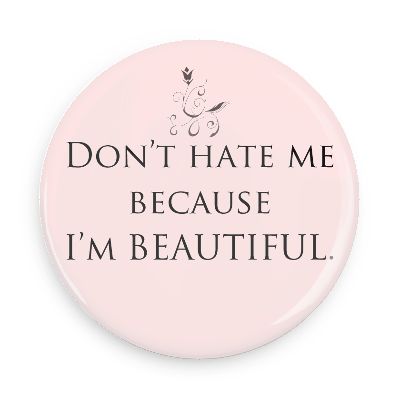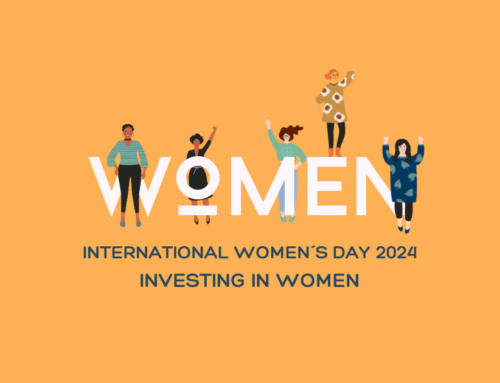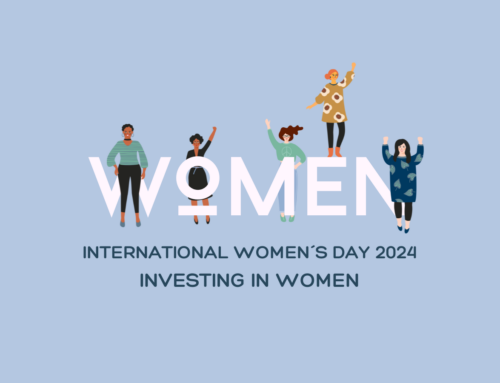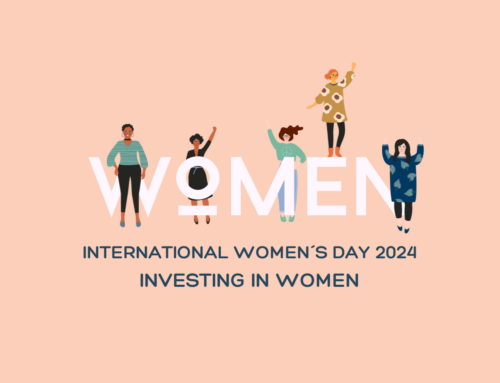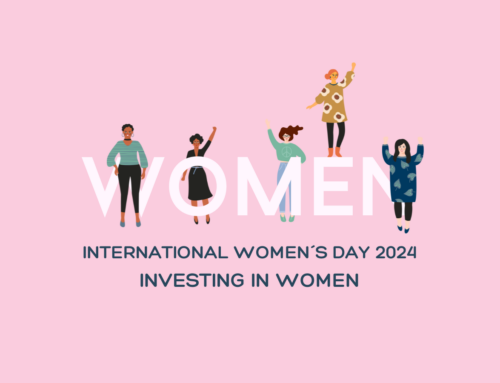Whether in the private or public sector, Catherine Rampell’s words resonate with all of us!
By Catherine Rampell, The Washington Post
In corporate and political America, women just can’t win.
If you’re tough and take charge, you’re pushy, bossy, maybe even a bitch. If you stand aside and let others give direction, you’re meek, weak, probably not leadership material.
Sometimes you’re accused of being all these at once.
In a new survey of women in technology, 84 percent of respondents said they’ve gotten feedback that they were “too aggressive.” Yet 53 percent also said they’ve been told they were “too quiet.” A full 44 percent said they’ve heard both that they were “too aggressive” and “too quiet.”
This is hardly the only double bind that women face in the workplace.
If you’re a woman and you show emotion, you’re fragile, dramatic, crazy. But if you’re emotionally restrained, you’re cold, heartless, maybe even stupid .
If you take generous maternity leave and carve out time for family responsibilities, you’re insufficiently serious about your career. If, post-baby, you’re back at the office too soon, you’re a poor role model for colleagues yearning for a healthy work-life balance.
If you don’t ask for a raise for fear of being disliked, your priorities are misplaced. If you promote yourself and demand that your work be recognized, you’re punished for being unlikable and denied opportunities to advance.
If you’re not sufficiently well-dressed, you’re frumpy. But if you’re too dolled up, you’re vain and superficial. Witness one infamous tweet-shaming incident, in which a tech chief executive posted a snapshot of a conference attendee’s stilettos alongside the hashtag “#brainsnotrequired.”
If you’re unattractive or overweight, you’ll be ignored. But if you’re babealicious, you’re suspected of getting by on your looks. At a professional event a few years ago, a male journalist I’d just met told me I was lucky to be “pretty, but not too beautiful.” This meant I’d go far, he explained, but only because, you know, the rest of the journalism industry is so sexist.
It’s not hard to find anecdotes of similarly unattainable standards imposed on American women (and that men, more often than not, are exempted from; can you imagine 84 percent of men in any industry being told they were “too aggressive”?). Ask your female colleagues if you don’t believe me.
Or look to the past few election cycles.
Few women find themselves more tormented by impossible, Goldilocks-like expectations than female politicians, given their very public roles and the huge numbers of people judging them against wildly different benchmarks.
Research has shown that the public expects politicians and other leaders to be tough and strong, while women are generally associated with traits such as compassion and warmth, notes Kelly Dittmar, a political scientist at Rutgers University and a scholar at the Center for American Women and Politics. These conflicting stereotypes mean that virtually any female politician, exhibiting virtually any behavior, may be seen as either not “woman” enough or not “politician” enough. Or both.
Some manage this delicate balance better than others. Sarah Palin, Dittmar observed, effectively portrayed herself as a “pit bull
Others, notably the always-too-cold-yet-also-somehow-too-emotional Hillary Clinton, have struggled. In a rare moment, Clinton even acknowledged this — during, of all things, a recent interview on Lifetime, the ultimate forum for showcasing one’s softer side.
“Here is my dilemma,” Clinton said. “It’s really important not to wall yourself off from how you are actually feeling about what people say or how they treat you or how they treat somebody else that offends you or upsets you. But you’re also as a woman in a high public position or seeking the presidency, as I am, you have to be aware of how people will judge you for being, quote, ‘emotional.’ And so it’s a really delicate balancing act.”
She noted that other female politicians also fret over how to thread the needle: “We all talk about the same challenges, which is how you navigate what is still a relatively narrow path, to be yourself, to express yourself, to let your feelings show, but not in a way that triggers all of the negative stereotypes.”
It’s easy to tell Clinton to stop trying to calibrate her image so carefully. And it’s easy to tell professional women to stop obsessing over how they’re being judged; to cease whining and worrying; to stop expending so much energy fine-tuning every outfit or meeting comment; to stop getting distracted by things that don’t matter and just deliver the goods.
Then we look around or watch cable news or hear what a boss or a colleague or a random stranger at a professional event tells us — and we learn something entirely different.
_____


